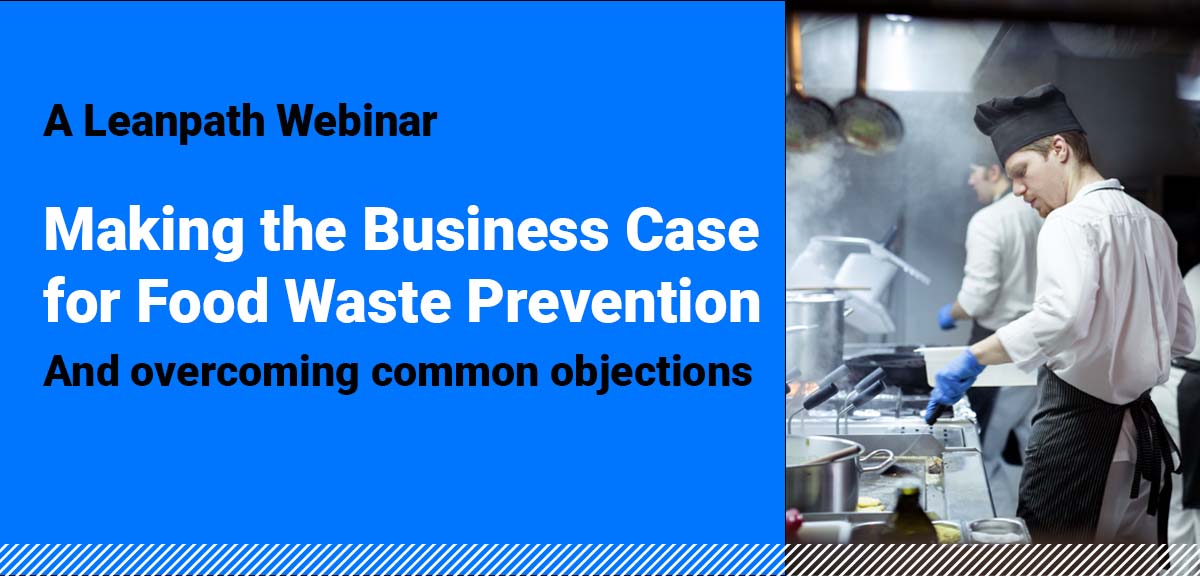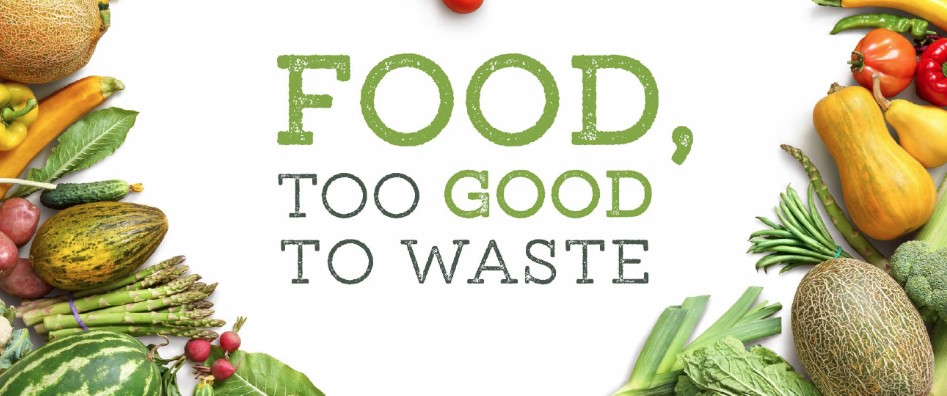Food Waste Intelligence

A strong argument has to be made to bring any new equipment or process into a busy foodservice kitchen, and food waste prevention technology is no exception. Our recent webinar, “Making the Business Case for Food Waste Prevention,” now available on demand, lays out the triple-bottom-line argument for implementing a food waste prevention system. It frames the business case in addressing the key stakeholder groups most likely to be involved in making the decision: the culinary, finance, operations and sustainability teams. Watch the 45-...
Read More >>Topics:
Food Waste News
With food and labor costs still at record highs and supply chain disruptions continuing, an obvious point of leverage for the foodservice industry is buying more pre-prepped frozen foods. And a new survey shows that increasingly the industry is doing just that. Despite the benefits to reducing the potential for food waste, there are still best practices to follow to make sure those increased purchases of frozen product don't lead to increased food waste.
Read More >>Topics:
Food Waste News
Amid growing pressure for the healthcare sector to decarbonize, a new guide has been released offering best practices. And it advises preventing food waste as one of the most effective ways hospital foodservice can help organizations reduce their carbon footprint.
Read More >>Topics:
Food Waste News
Stanford University Residential & Dining Enterprises (R&DE) recently announced a goal to reduce its emissions from food purchases 25 percent by 2030. This announcement comes shortly after the release of Stanford R&DE’s Food Waste Prevention Playbook, a guide for campuses to operationalize best practices in minimizing food waste. Both initiatives fall under Stanford’s Scope 3 Emissions Program which was launched in 2021 to address all the indirect emissions that are influenced by the university’s operations. This includes food-related ...
Read More >>Topics:
Food Waste News
Transitioning into the new year, reducing food waste remains a trending foodservice activity because it addresses so many other trending topics: Food waste prevention cuts costs as inflation continues to wear on thin margins. Food waste prevention is the #1 most actionable thing the foodservice industry can do to address climate change as concerns over sustainability continue to rise. And stopping food waste from being generated leaves valuable resources in the food system as food insecurity continues to increase around the world. Che...
Read More >>